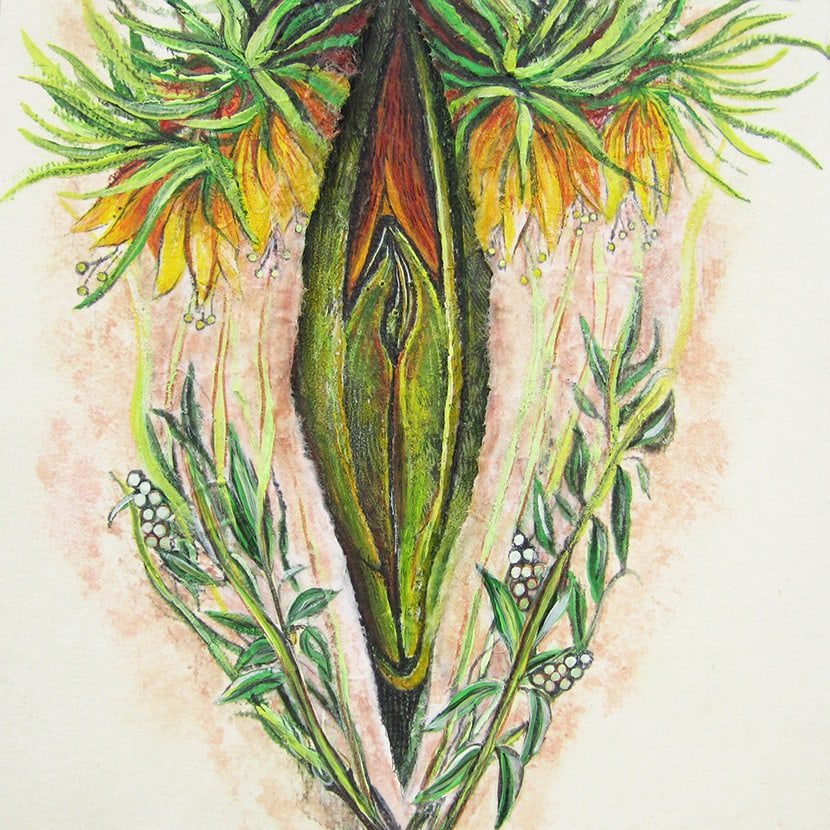My partner and I had a conversation recently about the process of learning how to make traditional food from family members. They remarked that their grandma could just touch dough and know how to alter the recipe by poking at it. Or she would say things like, “it rained yesterday” and adjust. In other words, the only way to learn how to make all this stuff was not just to follow the recipe, but to make it over and over with a master and learn the little adjustments.
Compare that to how food is mass produced. Rather than needing a master to adjust the recipe, the entire point is to use processes and ingredients which can be worked with to get consistent scalable results.
And my take is that there’s something fundamentally different between the sorts of foods that can be made through industrial processes and ones that can be iterated on and learned by humans to be made by hand.


I’ve heard that highly processed types of fat and sugar are easier to work with industrially. Is there a communist path where nutrition is optimized over profit and we can maintain similar levels of food production even using materials that are harder to scale?
so in a word rearranging and prioritizing differently, made possible by broader changes in how the economy works